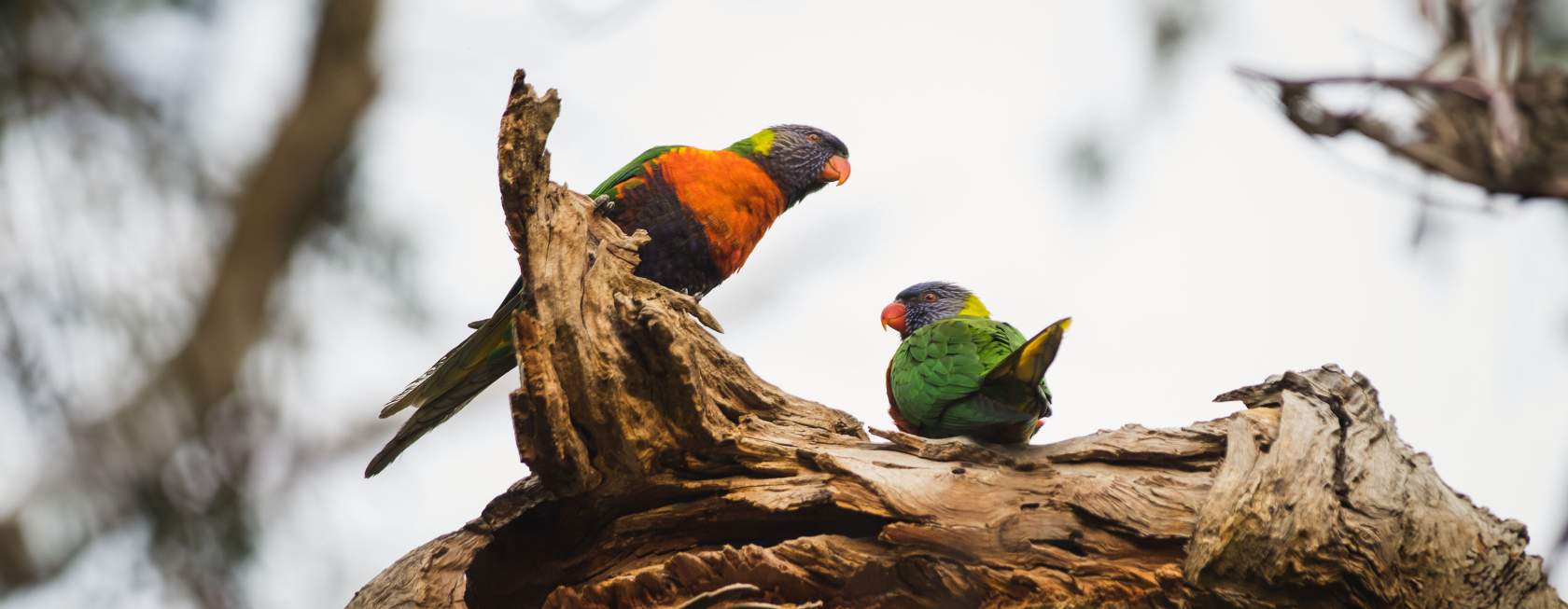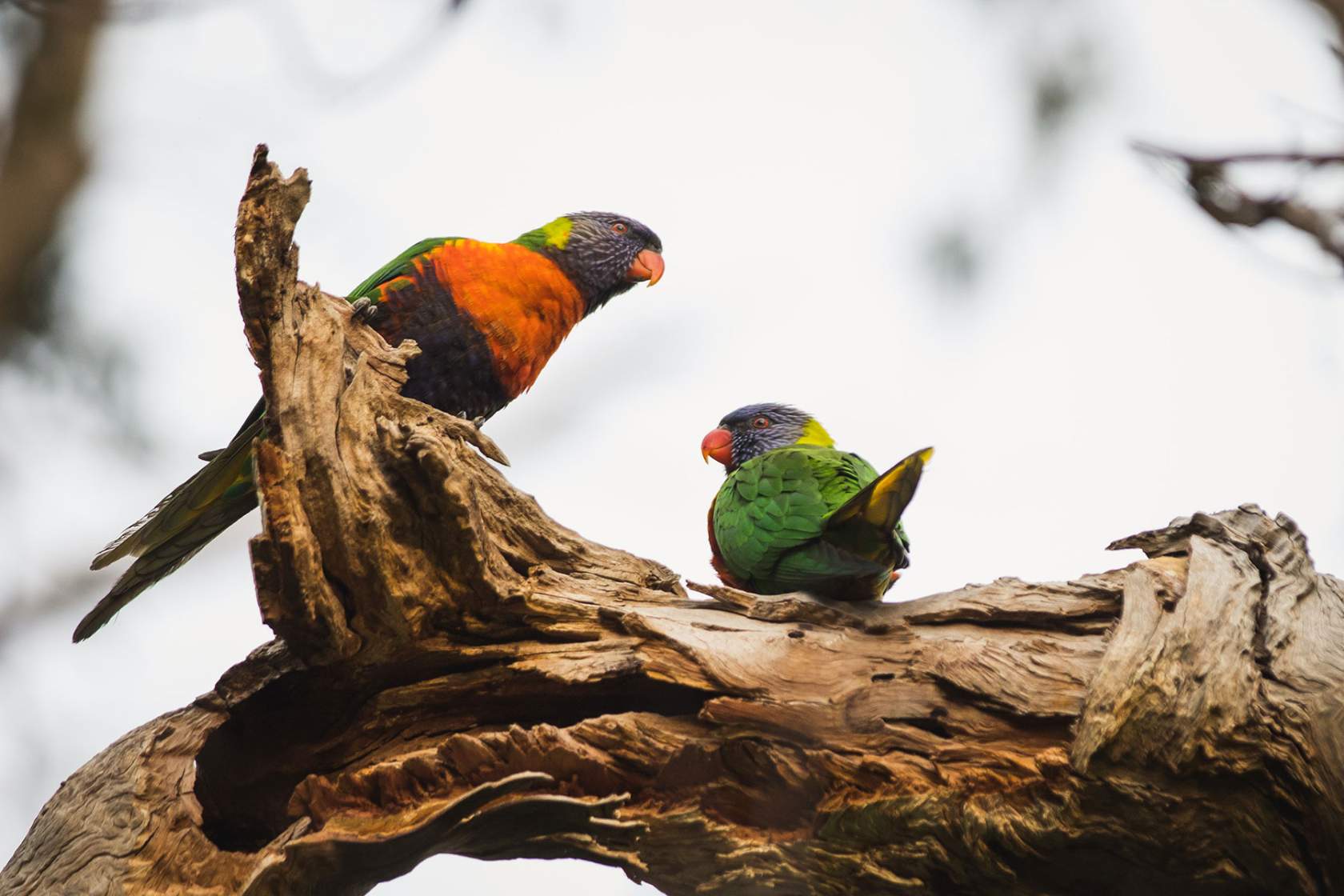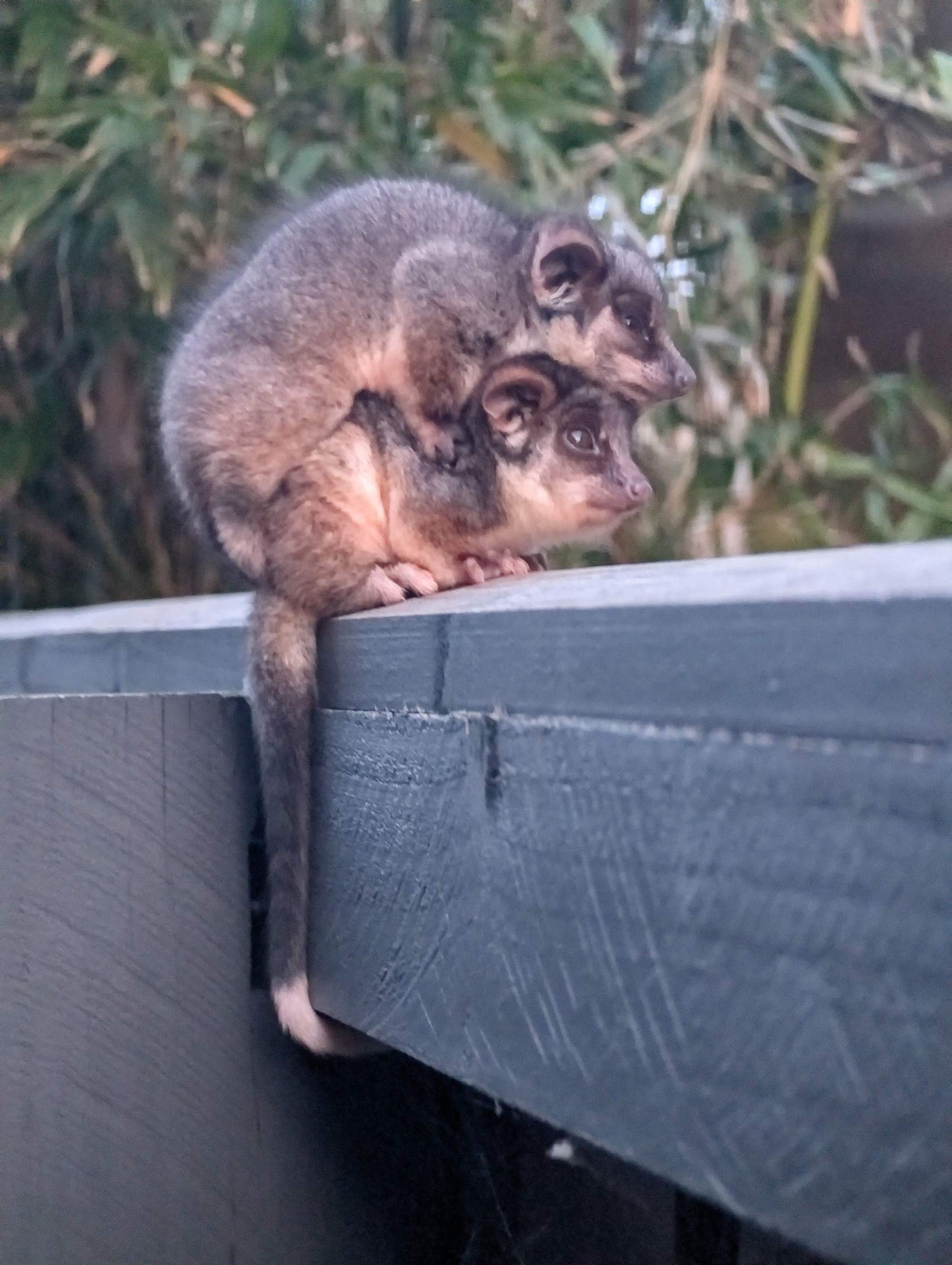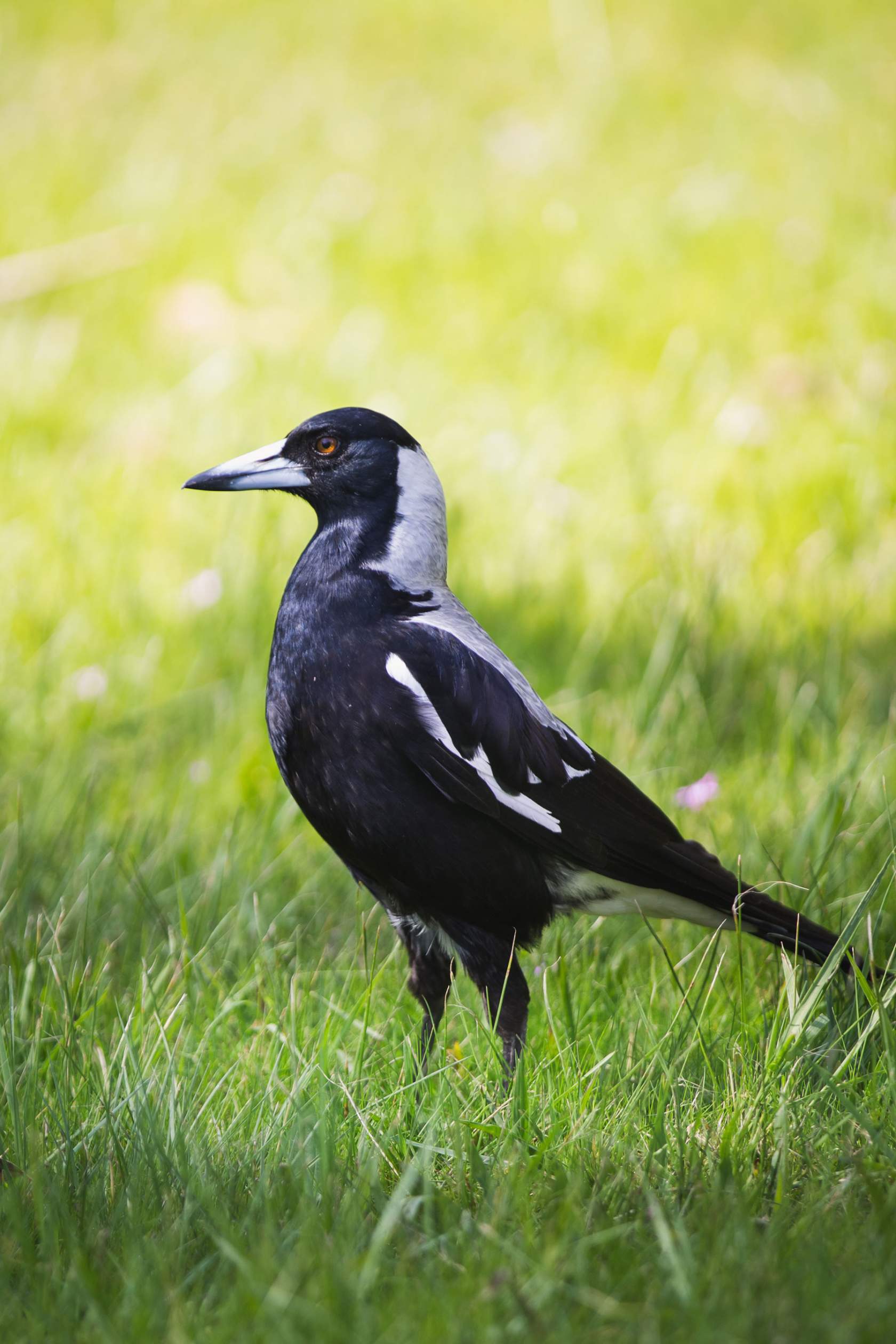
Here in Victoria, we are incredibly lucky to live alongside some of the world’s most beautiful and unique native animals.
To connect with native wildlife and to encourage their returning presence to our backyards, many leave food out for animals to enjoy. But feeding wildlife can have a detrimental impact on wildlife wellbeing and may cause long-term health risks.
Wildlife typically subsists on a diet of native vegetation and small insects with foraging a crucial part of their natural behaviour. Feeding wildlife can also cause the following issues:
Dependence on humans
Regular feeding can create a reliance on humans for food and a loss of their natural foraging instincts.
Dietary deficiencies
Non-native food sources may lead to nutritional imbalances and can cause long-term physical health problems.
Behavioural issues
Wildlife may become overly familiar with humans, reducing their natural wariness and potentially leading to aggressive behavior or harmful interactions.
Health risks
Certain foods, such as bread, can be detrimental to wildlife health. Birds, for example, may suffer from dietary issues and diseases related to processed foods.
Disease transmission
Feeding stations can facilitate the spread of diseases such as Beak & Feather Disease, which is both fatal and untreatable. Learn about Psittacine Beak and Feather Disease here.
Environmental impact
Uneaten food, like bread, can contaminate water sources and promote the growth of harmful algae. Additionally, food scraps may attract non-native pest species, such as rats.



What can I do instead?
We can enjoy the presence of wildlife in our backyards while keeping them safe and wild! To encourage native animals to visit or live on your property, try planting indigenous plants and shrubs that provide both food and shelter. You can also try placing wildlife nesting boxes in trees or in convenient locations for wildlife to sleep or roost in. Wildlife Victoria sells possum and microbat nesting boxes on our online shop.
We hope that by increasing your understanding and awareness of our beautiful wildlife, you will feel empowered to manage wildlife situations confidently and in an informed, safe and appropriate manner. For support at any time, please call our 24/7 Emergency Response Service on (03) 8400 7300.
